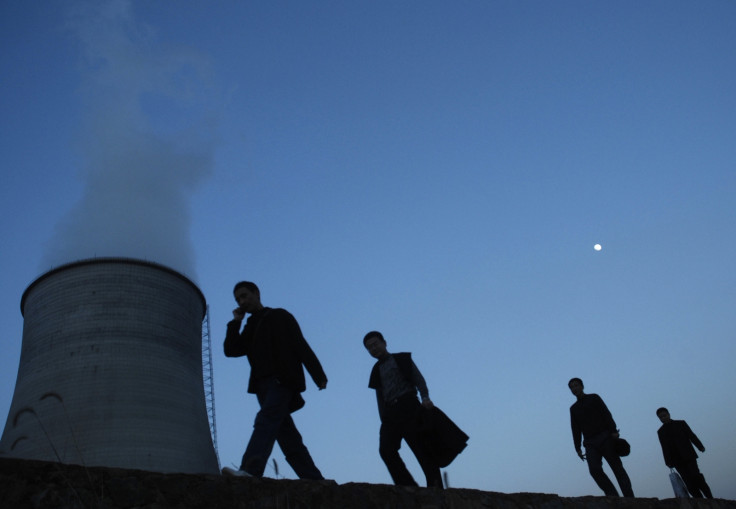China Asks Citizens to Walk and Ride Bikes to Cut Smog

The world's most populous nation has finally identified public participation as a key factor in its attempts to battle pervasive pollution.
Beijing has published a 'behavioural standards' guide to reverse some of the environmental damage done by more than three decades of rapid economic growth, urging people to walk and ride bicycles and buy goods with less packaging.
The list of eight standards, published on the environment ministry's website on 13 August, urged citizens to avoid burning garbage, and limit the use of fireworks and barbecues.
It also urged the public to take responsibility for pollution by reporting unlawful behaviour to the authorities.
Tough Laws
Beijing in April passed amendments to the nation's 25-year old Environmental Protection Law, giving authorities more teeth against polluters.
The amendments go into effect on 1 January 2015, the official Xinhua news agency said on 24 April.
The highly-anticipated amendments followed public angst over air, water and soil pollution that has choked the world's second-largest economy.
A local government study showed in April 2014 that 31% of the smog in China's capital came from vehicles, 22.4% from coal burning and 18.1% from industry. 14.1% came from smaller sources such as food preparation, livestock rearing and vehicle repairs.
© Copyright IBTimes 2025. All rights reserved.




















